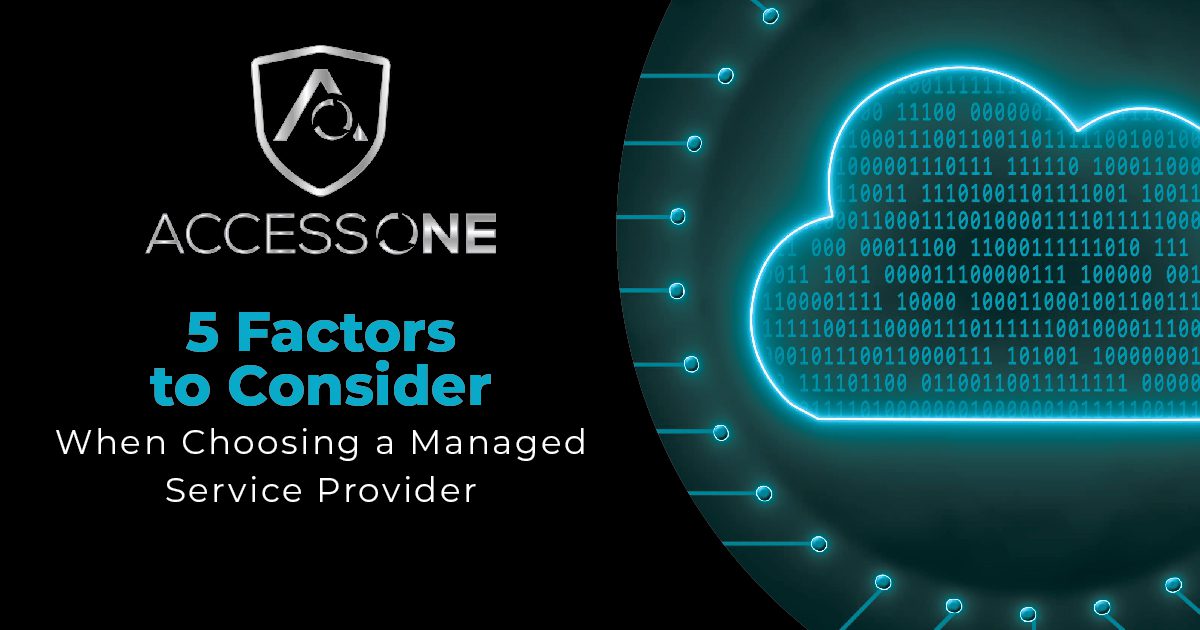So you’ve decided that you’re ready to take the leap and hire an IT consulting firm to help take care of your company’s IT needs. Hiring a new IT consultant is a big step for any business, and it’s not one that should be taken lightly. From everyday troubleshooting to ongoing security, you need a firm that will fit your basic needs. Knowing what to look for when hiring an IT consultant will make it easier to find a consultant who you’ll be happy to partner with and can take care of all of your IT needs.
Item #1: A Team with a Wealth of Industry Experience
When you’re looking for IT support, prior experience is key. You want to be sure you’ve selected a consulting firm that has experience in a wide variety of different environments and technologies. The needs of small and large businesses can be very different, especially in terms of a security or network management standpoint, so look for a firm that has experience supporting companies similar to yours in size and industry. If your company uses industry-specific software or hardware on a regular basis, look for an IT team that knows their way around the same technology. This basis of experience will help them in their day-to-day activities and keep you up-to-date with the latest and greatest in your industry. While it’s important to find a consultant with experience in your industry, it can also be a huge benefit to find one with experience in a wide range of other industries as well. No two days are the same in the life of an IT consultant, and a lot of unexpected problems can arise. With a wealth of experience in a range of industries, your consultant will be more likely to recognize even the most obscure of issues that you may face.
Item #2: Communication Skills
An IT consultant will need to work with a variety of people with different computer skill levels. They’ll need to take a different approach to addressing the tech savvy than they would when addressing the technologically impaired. Try to find a consultant who can communicate high-level plans and details but can also simplify them into easy to understand analogies or stories. As you’re choosing the IT consultant that will be working with your company, make sure they have the communication skills you need. This might include asking questions like:
- How will the consultant handle people who struggle to use technology correctly throughout the company?
- Are there any language barriers or other communication challenges that the company will need to overcome?
Item #3: Training Provisions
There will be times when, rather than taking care of the work for your company, your IT consultant will need to train members of your team to take care of basic tasks. This might include offering training on how to use new software, how to keep security up-to-date, or how to backup data. Is the IT consultant you’re considering willing to provide that basic training to your employees? How often are they willing to come in to provide that training? If there’s a problem that comes up on a frequent basis, is the team willing to offer instruction to your company? By understanding the training that your IT consultant is willing to offer, you can set your team up for technology success. Choosing an IT consultant is a big move, and hopefully one that will lead to a successful, long-term relationship. You want to be sure that you’re getting the one that’s right for your company: one with the right experience, the communication skills your employees need, and the right tools for the job. If your IT consultant meets these four basic requirements, you’ll set yourself up for an effective environment to take care of all your IT needs quickly and efficiently.















